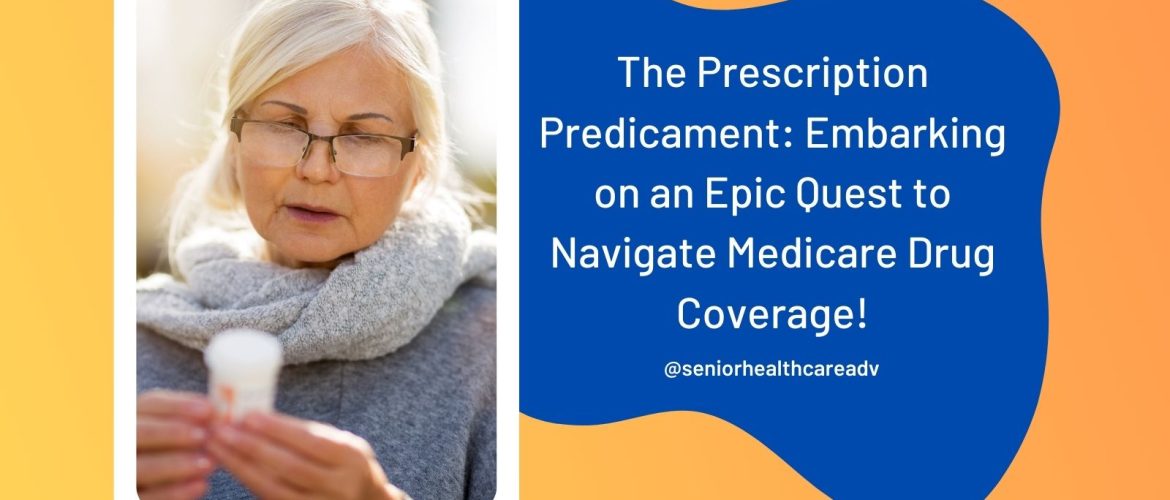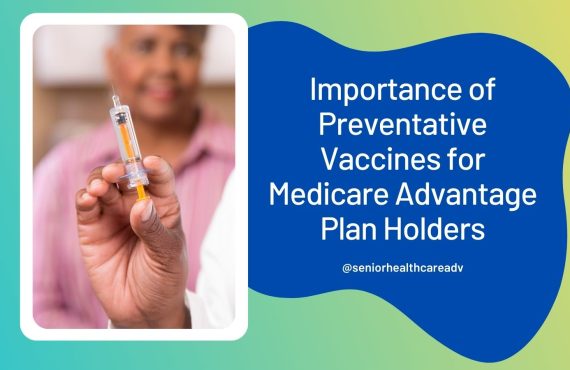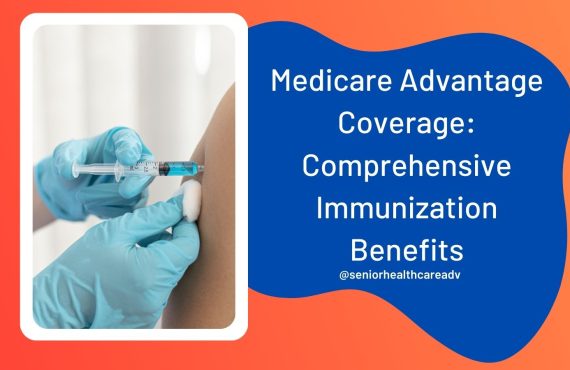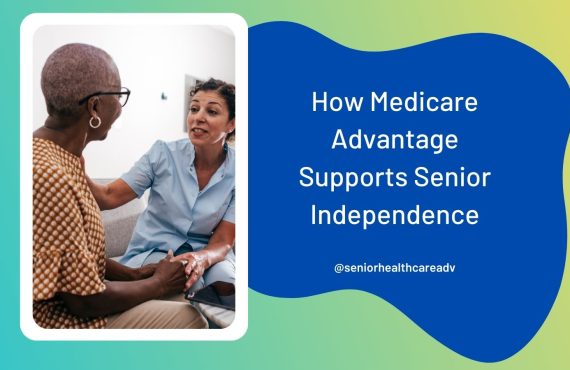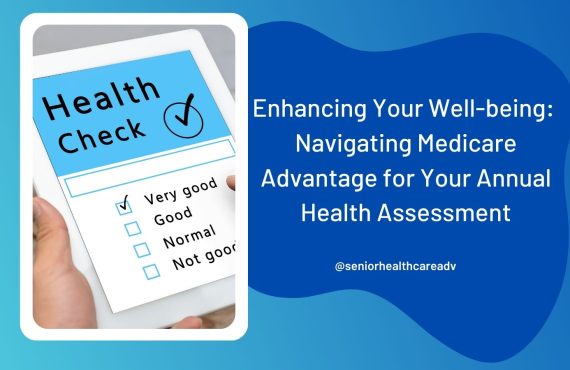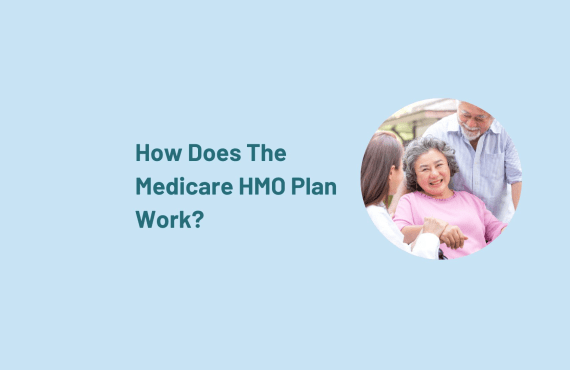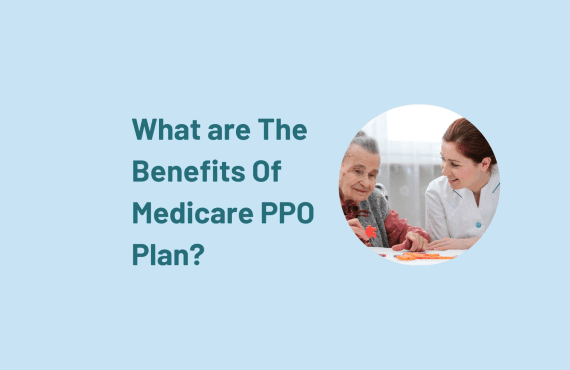The Prescription Predicament: Embarking on an Epic Quest to Navigate Medicare Drug Coverage!
Navigating the complexities of Medicare drug coverage can be a daunting task for seniors. With so many options, rules, and regulations, it’s easy to feel overwhelmed. However, understanding how Medicare drug coverage works is crucial for ensuring you receive the medications you need at an affordable cost.
Navigating Medicare Drug Coverage Options
In this comprehensive guide, we will walk you through the ins and outs of navigating through drug coverage. From enrollment to coverage options, costs, and useful tips, you’ll gain the knowledge and confidence to make informed decisions about your healthcare needs.
#1: An Overview
#2 Who is Eligible for Medicare Drug Coverage?
Medicare drug coverage, also known as Medicare Part D, is a program offered by the federal government to help seniors and individuals with disabilities afford prescription medications. It is an optional benefit available to all Medicare beneficiaries, whether you have Original Medicare or a Medicare Advantage plan.
To be eligible for Medicare drug coverage, you must be enrolled in Medicare Part A and/or Part B. You must also reside in the service area of a Medicare Part D plan.
#3 Enrolling
#4 Coverage Options
Enrollment in Medicare drug coverage can be done during specific periods:
- Initial Enrollment Period (IEP): This is the seven-month period that starts three months before your 65th birthday month and ends three months after.
- Annual Enrollment Period (AEP): This period runs from October 15th to December 7th each year, allowing you to make changes to your coverage for the following year.
- Special Enrollment Period (SEP): You may qualify for a SEP if you have certain life events, such as moving to a new service area or losing creditable prescription drug coverage.
Prescription Drug Plans (PDPs) and Medicare Advantage Prescription Drug (MA-PD) Plans
- Stand-alone Prescription Drug Plans (PDPs): These plans work alongside Original Medicare and offer coverage for prescription medications only. They are ideal for individuals who prefer to keep their Original Medicare coverage but want additional drug coverage.
- Medicare Advantage Prescription Drug (MA-PD) Plans: These plans, also known as Medicare Part C, combine medical and prescription drug coverage. Offered by private insurance companies, MA-PD plans replace Original Medicare and often include additional benefits like vision, dental, and hearing coverage.
#5 Costs Associated Drug Coverage
Drug coverage involves various costs, including:
Premiums: Monthly payments for your drug coverage.
Deductibles: The amount you pay out of pocket before your drug coverage begins.
Copayments/Coinsurance: Your share of the cost for each prescription, either a fixed amount or a percentage of the total cost.
Coverage Gap (Donut Hole): A temporary limit on what your drug plan will cover, which may require you to pay more out of pocket for your medications.
Catastrophic Coverage: Once you reach a certain out-of-pocket spending threshold, your drug plan provides additional coverage at a reduced cost.
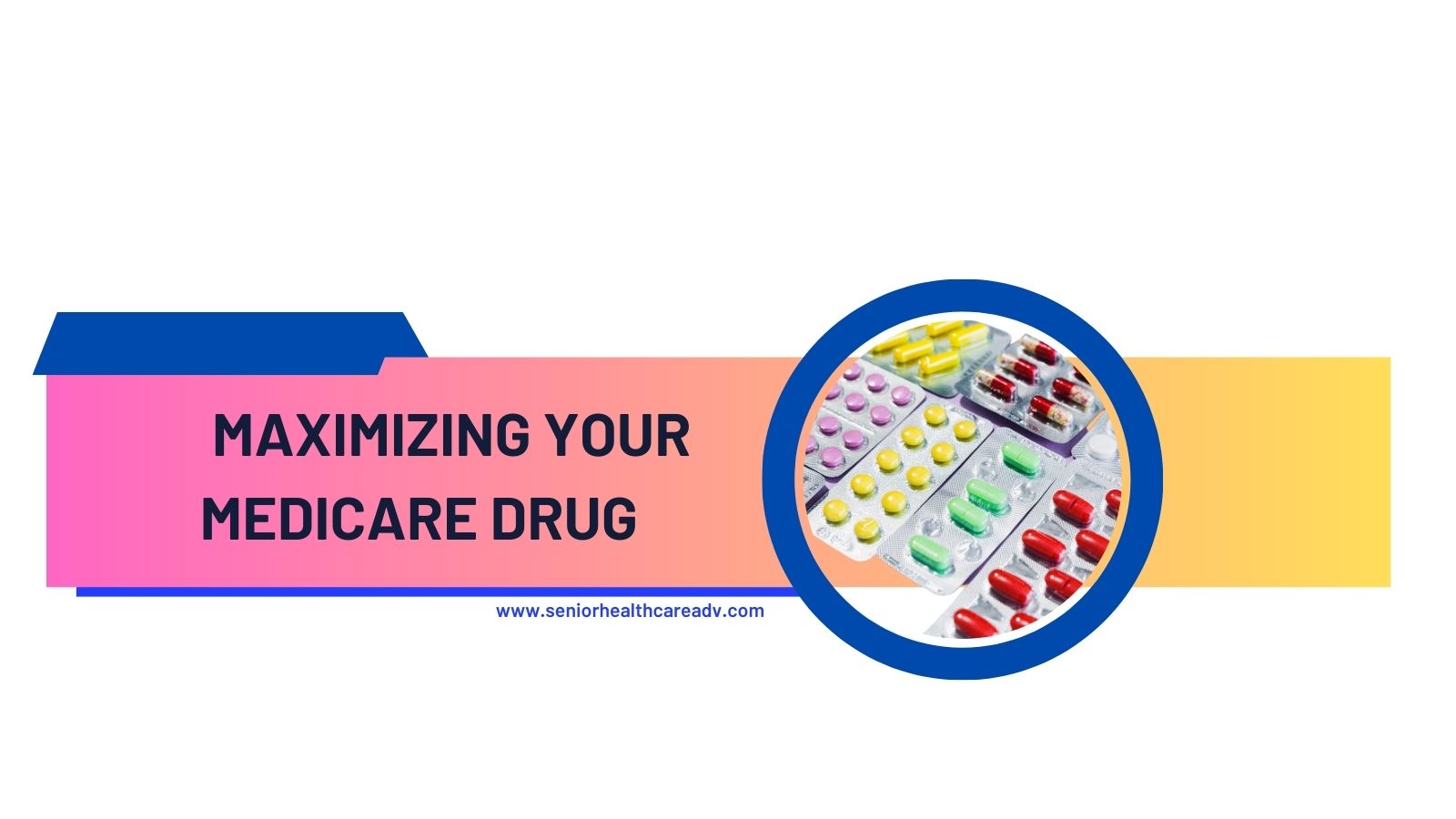
#6 Tips for Maximizing Your Medicare Drug
Navigating drug coverage can be made easier by following these helpful tips:
Review your medications:
Make a list of all prescription drugs you currently take, including dosage and frequency.
Evaluate which plan offers the most comprehensive coverage for your specific needs.
Compare plans:
Consider different Medicare drug plans available in your area.
Compare factors such as monthly premiums, deductibles, copayments/coinsurance, and the list of covered medications (formulary).
Consider your pharmacy network:
Check if your preferred pharmacy is in-network for the Medicare drug plan you’re considering.
In-network pharmacies can help you save on out-of-pocket costs.
Understand the coverage stages:
Familiarize yourself with the coverage stages of Medicare drug plans.
Learn about the initial coverage stage, coverage gap (donut hole), and catastrophic coverage stage.
Plan and budget for your medication expenses accordingly.
Utilize generic and mail-order options:
Opt for generic medications as they are often more affordable and provide the same benefits as brand-name drugs.
Explore Medicare drug plans that offer mail-order services for convenient and cost-effective access to long-term medications.
Seek assistance programs:
Check eligibility for assistance programs that can lower your prescription drug costs.
Programs like Extra Help (Low-Income Subsidy) can provide substantial savings on premiums, deductibles, and copayments.
Regularly review your plan:
- Review your Medicare drug plan annually during the Annual Enrollment Period.
- Ensure it still meets your medication needs and offers the best value.
- Plans can change their formularies, cost structures, and coverage each year.
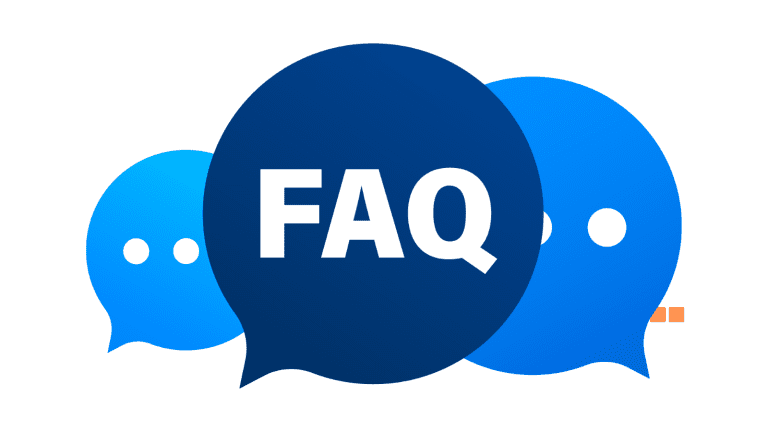
#7 Navigating Medicare Drug Coverage: FAQs
Q1: What is the difference between Medicare Part D and Medicare Advantage Prescription Drug (MA-PD) plans?
Q2: Can I change my Medicare drug plan during the year?
Q3: How do I find out if my medications are covered by a specific Medicare drug plan?
A: Medicare Part D is a stand-alone prescription drug coverage option that works alongside Original Medicare, while MA-PD plans combine medical and prescription drug coverage and are offered by private insurance companies.
A: In most cases, you can only make changes to your Medicare drug plan during the Annual Enrollment Period (October 15th to December 7th). However, certain life events may qualify you for a Special Enrollment Period.
A: Each Medicare drug plan maintains a list of covered medications called a formulary. You can consult the plan’s formulary or use the Medicare Plan Finder tool to check if your medications are covered.
Q4: Will I enter the coverage gap (donut hole) with my Medicare drug plan?
Q5: What is Extra Help or Low-Income Subsidy?
A: Not everyone enters the coverage gap. The coverage gap occurs once your total drug costs, including what you and your plan have paid, reach a certain threshold. However, many Medicare drug plans offer some level of coverage during the gap.
A: Extra Help, also known as Low-Income Subsidy, is a program that helps low-income individuals with limited resources pay for their Medicare prescription drug costs. It provides assistance with premiums, deductibles, copayments, and coinsurance.
Conclusion
Navigating drug coverage may initially seem overwhelming, but with the right information and guidance, you can make informed decisions to ensure you receive the medications you need at an affordable cost.
Remember to review your options annually, compare plans, and consider factors such as your medication needs, pharmacy preferences, and potential cost-saving programs. By staying informed and proactive, you can make the most of your drug coverage
“Wonderful organization. Very Honest, caring, and professional. I would definitely recommend them to family and friends.”
“We have had a hard time finding insurance, as many others might have been doing recently. Finding SHA now was literal lifesaver..”
“There just aren’t enough stars on this page for Danny – he went above & beyond to help us. He returned every phone call & answered every question we had.”
What Our Clients Are Saying

